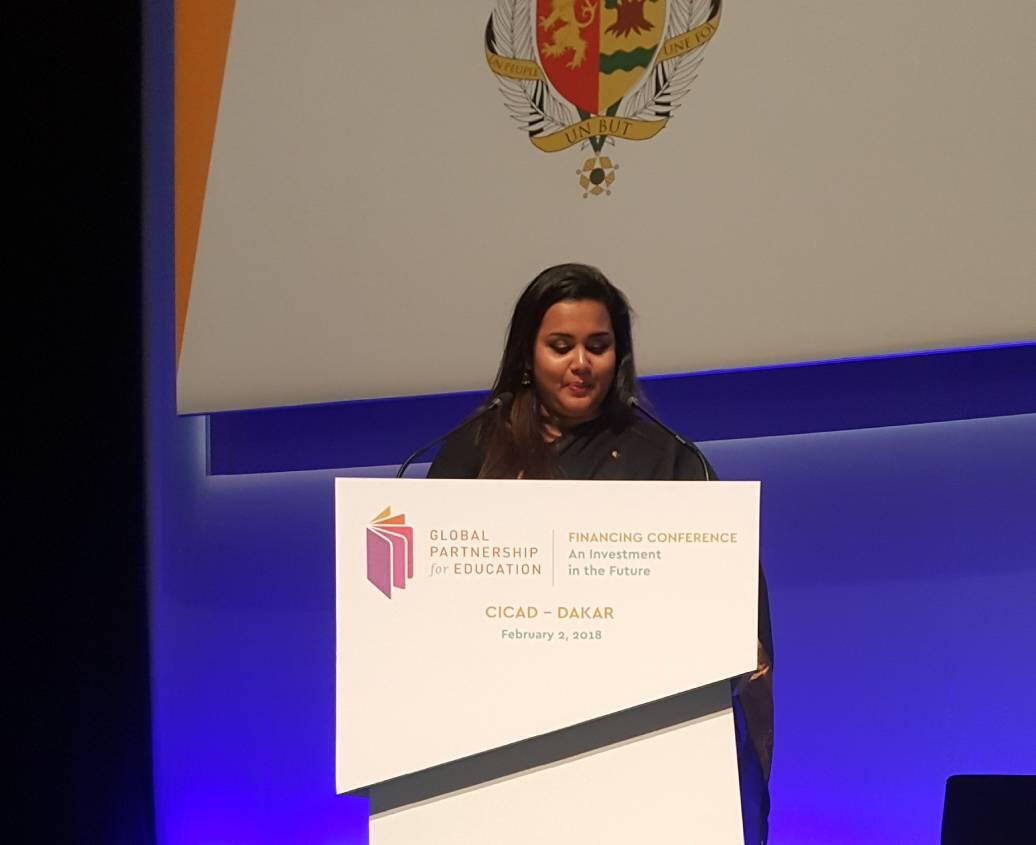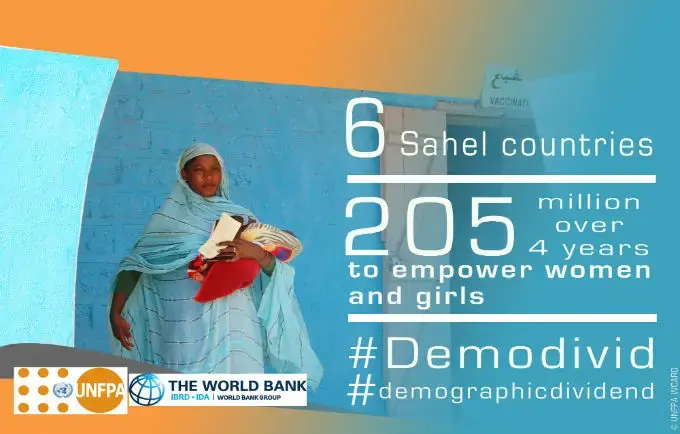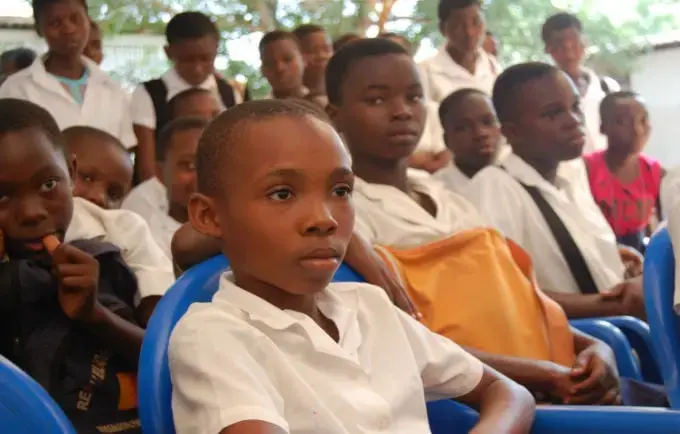Dakar, February 2, 2018
The United Nations Secretary General’s Envoy on Youth, Ms. Jayathma Wickramanayake began her First Multi-Country Official Mission to Africa with a resonating speech at the opening of the Financing Conference of the Global Partnership for Education. The conference was jointly hosted by the Senegalese President, HE Mr. Macky Sall and French President, Emmanuel Macron.
The Youth Envoy’s Mission, supported by the United Nations Population Fund (UNFPA) and which involves visits to Senegal, Gambia, Ghana, Nigeria and South Africa is instrumental in underlining the United Nations’ commitment to young people in the developing countries who face literacy challenge, as well as adolescent sexual and reproductive health.
“It is unacceptable,” Ms. Jayathma lamented “For 250 million children and young people to be deprived of education in a world where almost half of the population is under 25.” Such a reality, she stressed, does not bode well for a world that hopes to be safer, conflict free, and enjoy sustainable growth. More so, when we take to consideration the millions of girls who drop out of school due to child marriage, teenage pregnancies, or whom were denied a childhood of education due to child labour or suffering dislocation due to conflict.
Ms. Jayathma further noted that, as technological developments in the world today continue to expand, education must be adjusted to these changes. In effect, young people need capacity building to gain soft skills that would help them adapt to a world that is becoming more complex and rapidly changing.
Beyond traditional education, investing in formal and non-formal education, like training and vocational skills, would help provide a supplementary advantage for young people to make the transition from education to leading an economically productive life.
Importantly, the Envoy noted that the world faced a dual challenge at this present time, because the countries who are most educationally disadvantaged were those with not only less resources but also those with a population boom. Invariably, this means that existing educational infrastructures would be stretched, and a harsh economic climate would mean many more children dropping out of school. It was therefore high time for the world to see the education challenge as a collective challenge, so that children everywhere could access education — which is a universal right.
Quality education needs to be fully financed and this the Youth Envoy stated was behind the announcement of the Conference in September 2017 at the High Level Event on Financing the Future, which took place at the United Nations General Assembly. The generosity of funding partners was therefore pivotal to achieving the goals of education for a quarter billion of young people who would otherwise miss out on school.
Access to education is a challenge which the world must tackle head on. It is the lack of literacy that leaves societies absent of human capital, which contributes to problems of dependency and disempowerment. In Nigeria for example, where Ms. Jayathma is set to visit from 08 – 11 February, the out of school children population appears significantly higher in the northern region of the country where child marriage is highest. This creates not only health complications for adolescent girls, but children who are born to parents who do not have even the most basic resources to nurture or empower them.
In South Africa on the other hand, which is the Envoy’s final destination for her First African Mission, unemployment for people educated up to the university level stands at a paltry 5%. Undoubtedly, there is a clear and established relationship between education and economic empowerment. Alas, Ms. Jayathma was right in mentioning that, “It is high time that we redouble our efforts so that evert young person can enjoy their universal rights to an education that is of good quality and free.”





